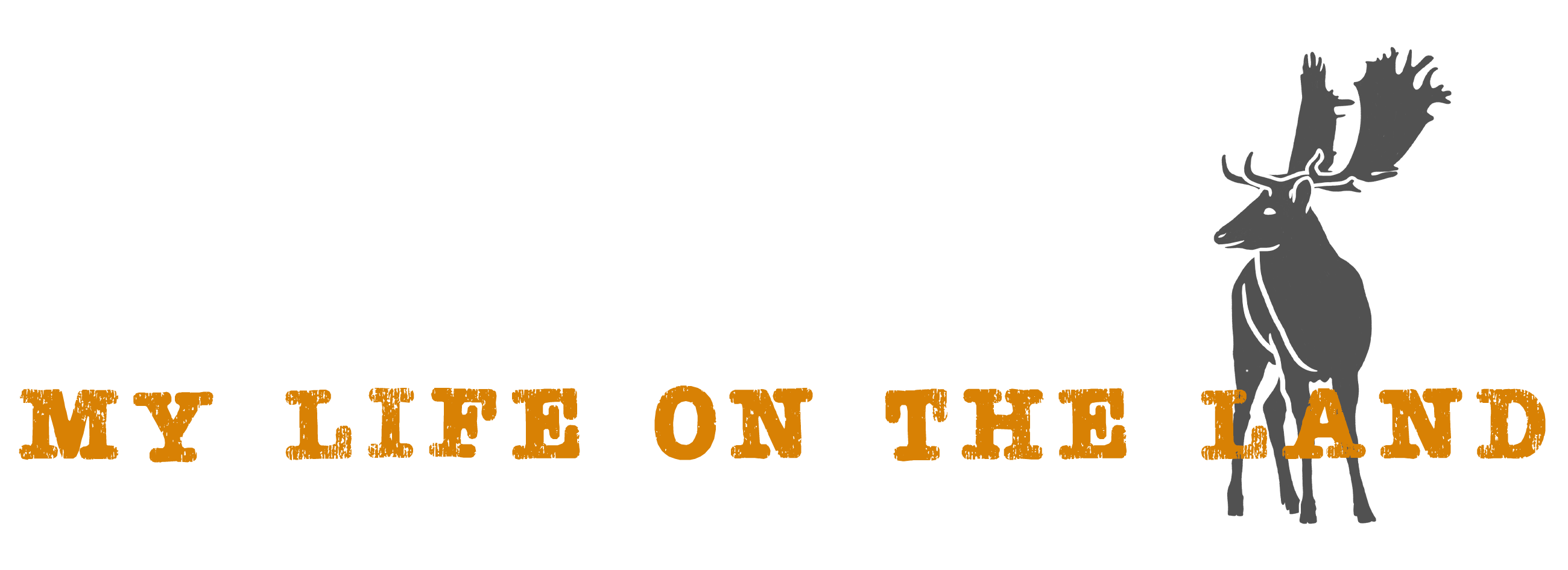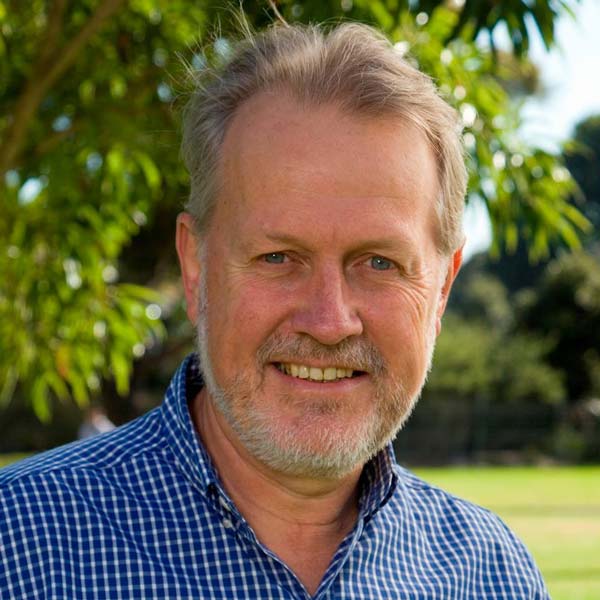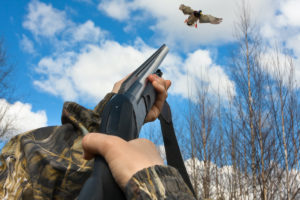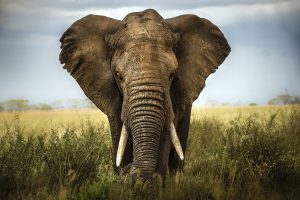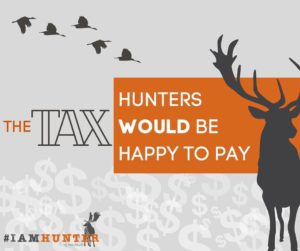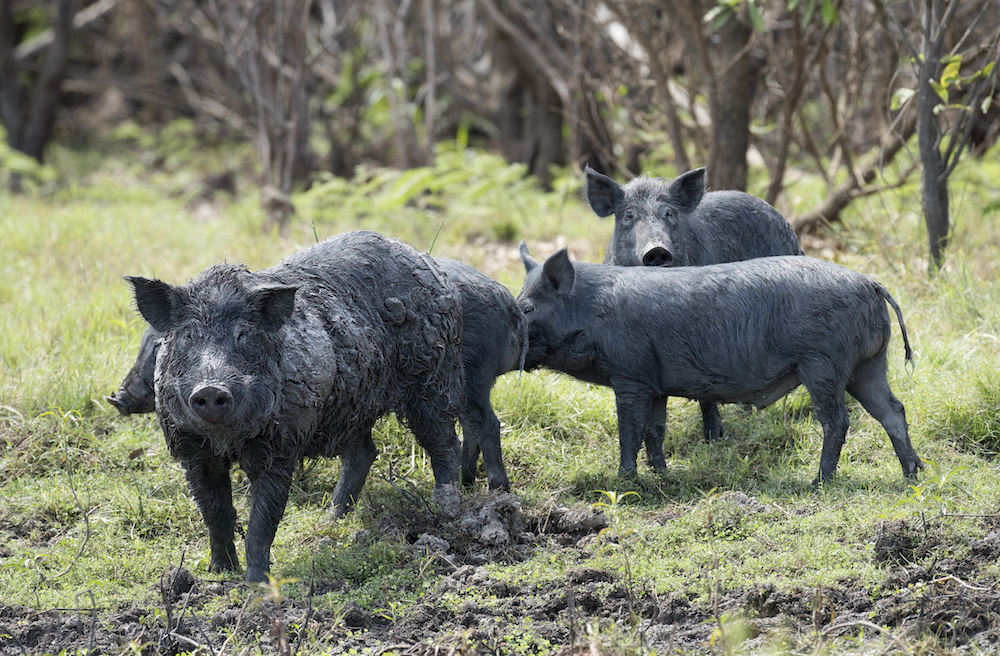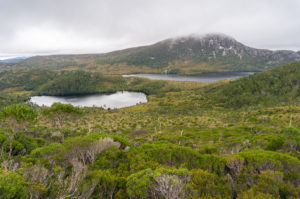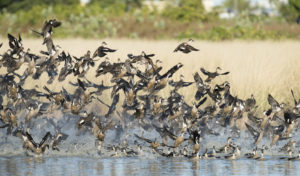The Hon.
Robert Borsak, Leader of the Shooters, Fishers and Farmers Party of Australia (SFFP) made a speech about animal control last night, which was entered onto the
Hansard record for NSW Legislative Council in an effort to help Australia realise why hunting is necessary for true conservation.
“I wanted to call out the nonsense that passes for conservation and animal debate by the urban chattering classes,” Borsak said, who has long been concerned that governments are dominated by urban numbers who make policies with only their constituents in mind.
These policies include such useless ‘conservation’ attempts as live catching, neutering, poisons and animal rights, which Borsak calls the opium of our urban times and the social feel good drugs of choice for those that like to think they are good “sustainable conservationists”.
Borsak believes that, in order to reconnect and really conserve nature, we need to engage with nature and that means hunting, fishing, killing, eating, ritualising and conserving habitats.
Here is the transcript of his speech from 6 August 2020:
Animal control
He says: The concept that value is implicitly linked to the motivation to conserve animals and plants may offend many conservationists, particularly regarding the commercial use of wildlife. If so, they are being unnecessarily sensitive, suspicious and cautionary.
What motivates some of us towards conservation—meat, medicines and skins—is in direct contrast to the other more philosophical value of “it exists, therefore we must conserve it”. Ultimately that is a flawed value and contributes little to the conservation of our wildlife.
In his book, Professor Webb continues:
The award for the international conservationist of the century will go to the individual who develops a fool-proof method for killing millions of feral animals, such as cats, foxes, rabbits, tree snakes, possums and cane toads, which are driving other native animals towards biological extinction.
Many members of our party and other individuals step into our office to share their personal contributions to conservation. Most recently Robert Gallina from
Australian Feral Animal Control and Management Services visited. He is hired by farmers and property owners who have overpopulated wild stock numbers. Due to drought or bushfire the many wild animals on their properties are eating the stock feed and everything else out of existence. As a result, wild animals and stock end up starving. Anyone who has seen an animal dying of starvation will understand how inhumane it is. Not only does Robert reduce the numbers humanely but also, using a portable abattoir, he utilises the meat. Game meat is highly regarded in many countries as the most organic and sustainably sourced meat money can buy. Those animals overrun much of the land in this State and all over Australia.
Multiple harebrained ideas exist about how population numbers can be resolved. Baiting is at the top of this Government’s animal control agenda. Hunting them and utilising their meat does not even register. But baiting is dangerous and is not restricted to simply killing the targeted animal. The multiple by‑kill of baiting with poison, such as 1080, include some of Australia’s endemic wildlife.
In his paper entitled
“Redneck, Barbaric, Cashed Up Bogan? I Don’t Think So“, Michael Adams states:
Being active in taking living things and making them food confronts us with issues of ethics, responsibility, sentience and suffering. It also clarifies the position of humans in ecological processes.
Robert Gallina’s method of humanely killing animals and utilising the meat is a far superior conservation effort than anything the philosophical bunch could conjure up. Their ideas include neutering wild animals and then releasing them back into the wild, or tranquilising them and relocating them to places they are not native to, thus creating an even larger problem. It is flawed and lacks any connection to nature.
In her work on the subject entitled “
Country of the Heart“, Deborah Rose states:
Nothing in the worldview says predation is wrong, only that it is not undertaken without knowledge and care.
Another paper acknowledges Western hunters’ particular knowledge of nature and ecology, and says it should be taken seriously in modern ecosystem management.
The care that many of those hunters put into their conservation efforts far outweighs the very simple effort of refraining from eating meat. The idea that veganism has no blood loss is naive—and I am being nice. The chemicals and pesticides used in mono‑cropping, which provides the vegan “warriors” with their soy products, have a greater ecological impact. It is responsible for more deaths than any group of shooters entering public or private land and humanely dispatching feral animals. That is selective and humane. Ultimately, those hunters are active in the reciprocity required to live in nature and be a part of nature, which is exactly what hunting and gathering is. It acknowledges nature and recognises that we are very much a part of it. It actively assists conservation efforts and makes an impact.
I finish with another fantastic extract from Professor Grahame Webb’s book: If people really wanted to endear their children to wildlife, making them hunters and fishermen, instead of supermarket junkies, may be the best way to go.
